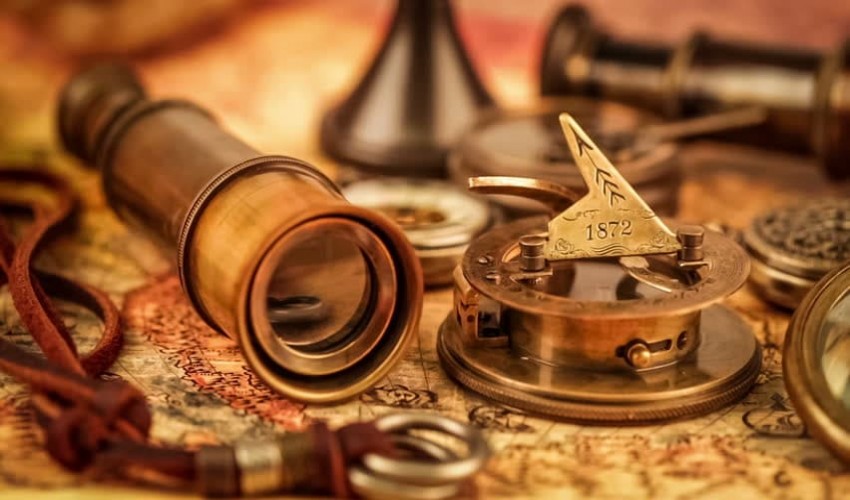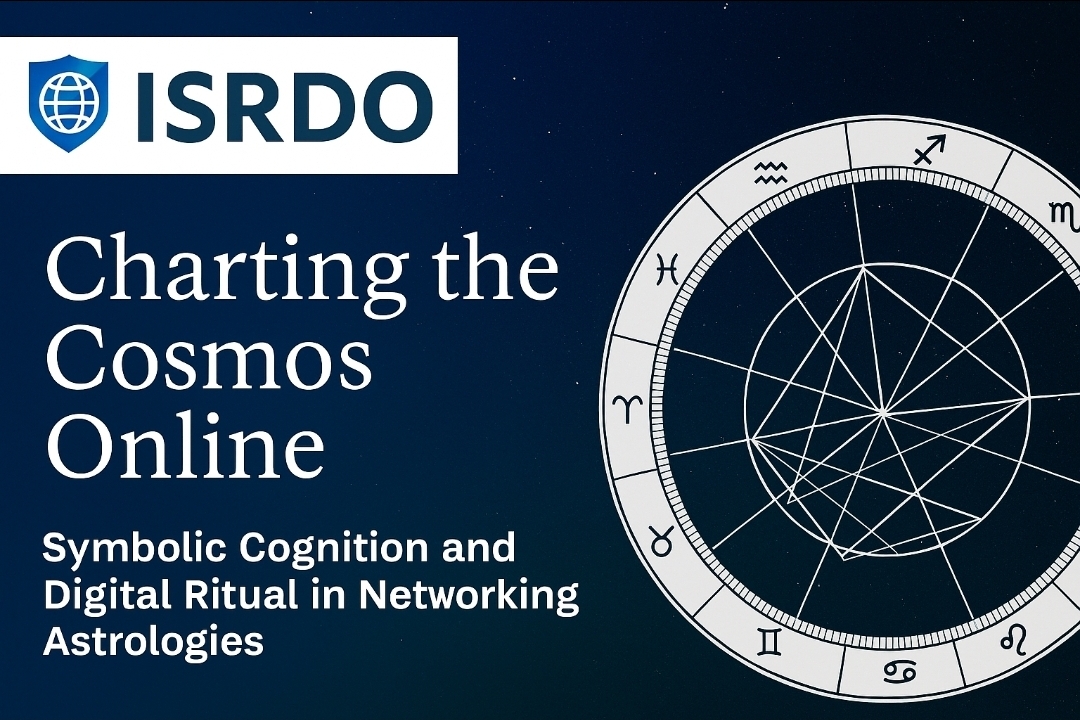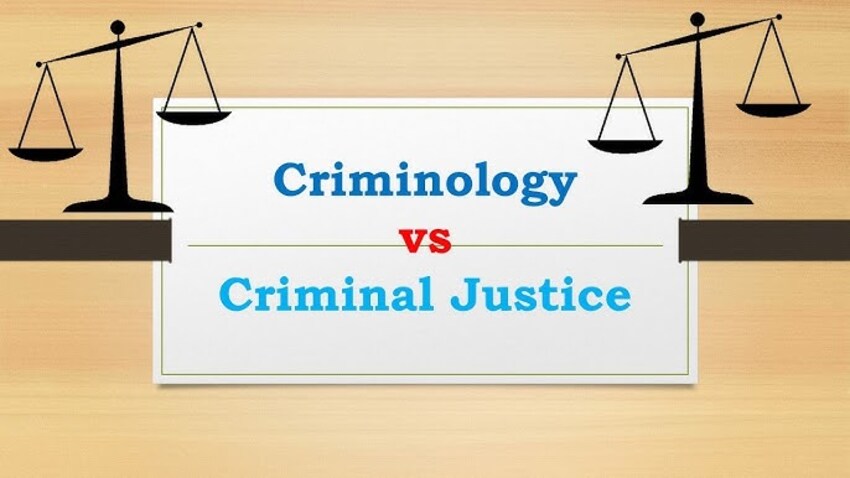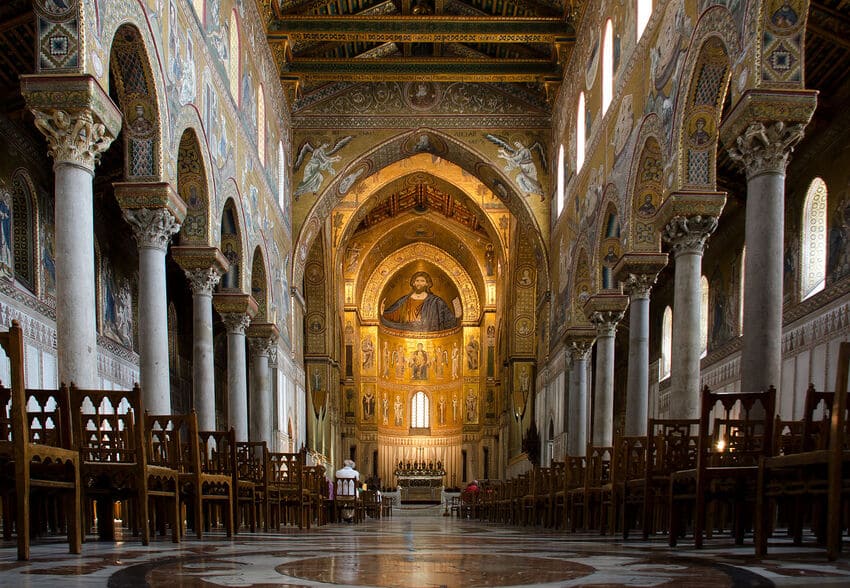
History
History is the study of the past. Events occurring before
the invention of writing systems are considered prehistory. "History"
is an umbrella term that relates to past events as well as the memory,
discovery, collection, organization, presentation, and interpretation of
information about these events. Historians place the past in context using historical
sources such as written documents, oral accounts, ecological markers, and
material objects including art and artifacts.
History also includes the academic discipline which uses
narrative to describe, examine, question, and analyze a sequence of past
events, investigate the patterns of cause and effect that are related to them.
Historians seek to understand and represent the past through narratives. They
often debate which narrative best explains an event, as well as the
significance of different causes and effects. Historians also debate the nature
of history and its usefulness by discussing the study of the discipline as an
end in itself and as a way of providing "perspective" on the problems
of the present.
Stories common to a particular culture, but not supported by
external sources (such as the tales surrounding King Arthur), are usually
classified as cultural heritage or legends. History differs from myth in that
it is supported by evidence. However, ancient influences have helped spawn
variant interpretations of the nature of history which have evolved over the
centuries and continue to change today. The modern study of history is
wide-ranging, and includes the study of specific regions and the study of
certain topical or thematic elements of historical investigation. History is
often taught as part of primary and secondary education, and the academic study
of history is a major discipline in university studies.
Historians write in the context of their own time, and with
due regard to the current dominant ideas of how to interpret the past, and
sometimes write to provide lessons for their own society. In the words of
Benedetto Croce, "All history is contemporary history". History is
facilitated by the formation of a "true discourse of past" through
the production of narrative and analysis of past events relating to the human
race. The modern discipline of history is dedicated to the institutional
production of this discourse.
All events that are remembered and preserved in some
authentic form constitute the historical record.The task of historical
discourse is to identify the sources which can most usefully contribute to the
production of accurate accounts of past. Therefore, the constitution of the
historian's archive is a result of circumscribing a more general archive by
invalidating the usage of certain texts and documents (by falsifying their
claims to represent the "true past"). Part of the historian's role is
to skillfully and objectively utilize the vast amount of sources from the past,
most often found in the archives. The process of creating a narrative
inevitably generates a silence as historians remember or emphasize different
events of the past.
- Pre-modern historical traditions
- Modern historiography: documents and the archives
- Cultural history
- Marxism History
- Annales History
- Gender
- Archaeology History
- Art and history
- The environment History
- Oral history
- Intellectual history
- History of emotions
- Connected histories: peoples regions and commodities
- Philosophy and Methods of History
- The Archive and History
- Historiography in the Modern West
- Gender and Women in Ancient Societies
- Cultural History of Early Urbanisms: Greece
- Rome
- China and S.E.Asia
- Ancient Mesopotamia
- Historical Traditions in the Ancient and Medieval Worlds
- Medieval Societies
- Modern Political-Economy: Conceptual and Historical Investigations
- Modern Imperialism: Conceptual and Historical Investigations
- History of Political Thought
- Revolutions and Revolutionary Thought
- Animals History
- Conservation
- Science and Technology History
- Approaches to Global History
Recent Published
Submit Manuscript
To give your manuscript the best chance of publication, follow these policies and formatting guidelines.


